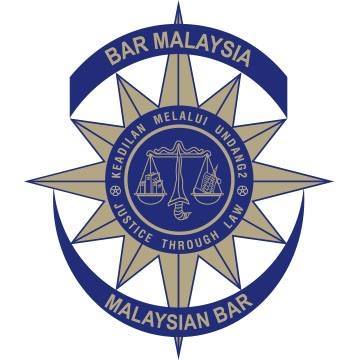KUALA LUMPUR: The Malaysian Bar believes that excluding the inspector-general of police (IGP) from investigation by the Independent Police Complaints and Misconduct Commission (IPCMC) is unconstitutional.
Its vice-president Roger Chan said the exclusion would contravene the principle of equality under Article 8 of the Federal Constitution.
“Why should the law exclude the IGP? And more importantly, why is he given the power to judge his peers?” he told a press conference after chairing a discussion on the IPCMC bill yesterday.
Co-chairman of the Malaysian Bar Council Task Force on the IPCMC, Datuk Seri Ramachelvam Manimuthu, said during the Bar Council’s consultation with the police, they were told that the police view the IGP as a senior government officer, similar to the chief secretary to the government and the attorney-general.
“They reasoned that the IGP should come within a different discipline regime for senior government servants.
“The chief secretary will appoint and be a member of that tribunal and since it is an existing process, they prefer to follow that process,” Ramachelvam said.
Bar Council constitutional law committee co-chair Andrew Khoo said if the IPCMC bill is passed in its current form, the provision that allows for such an exclusion could be struck off as unconstitutional.
“Tabled for first reading in the previous parliamentary session, Clause 31(4) of the bill states that any complaint about the IGP will be heard by a special disciplinary board set up by the chief secretary to the government.
“Any (other) errant police personnel will be investigated under IPCMC. Article 8 of the Constitution states all persons are equal before the law and are entitled to equal protection of the law,“ Khoo said.
Ramachelvam also urged the content of the IGP’s standing orders to be made public.
“(Otherwise), the public will never know if the police have overstepped their boundaries or if (they are) operating within (the set) jurisdiction.
“The Police Act says all misconduct comes from within the standing orders, so if one excludes these from coming within the jurisdiction of the IPCMC, there really won’t be much for us to do.
“It is our view that we (need to) remove Clause 22.2 of the bill that says matters within Section 96 and 97 of the Police Act are excluded by the jurisdiction of IPCMC. This is a fundamental thing that must be done.”
The standing orders covers police powers on conducting checks, making arrests, treatment of detainees, as well as how and when a policeman can use his weapon.
Ramachelvam said since the standing orders are not made public, no one knows how a policeman should conduct himself.
The proposed IPCMC was among 125 recommendations made by a Royal Commission of Inquiry formed in February 2004 following public uproar over a growing number of deaths in detention and police brutality claims.










